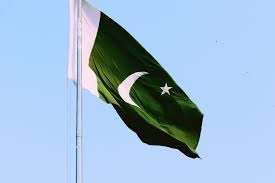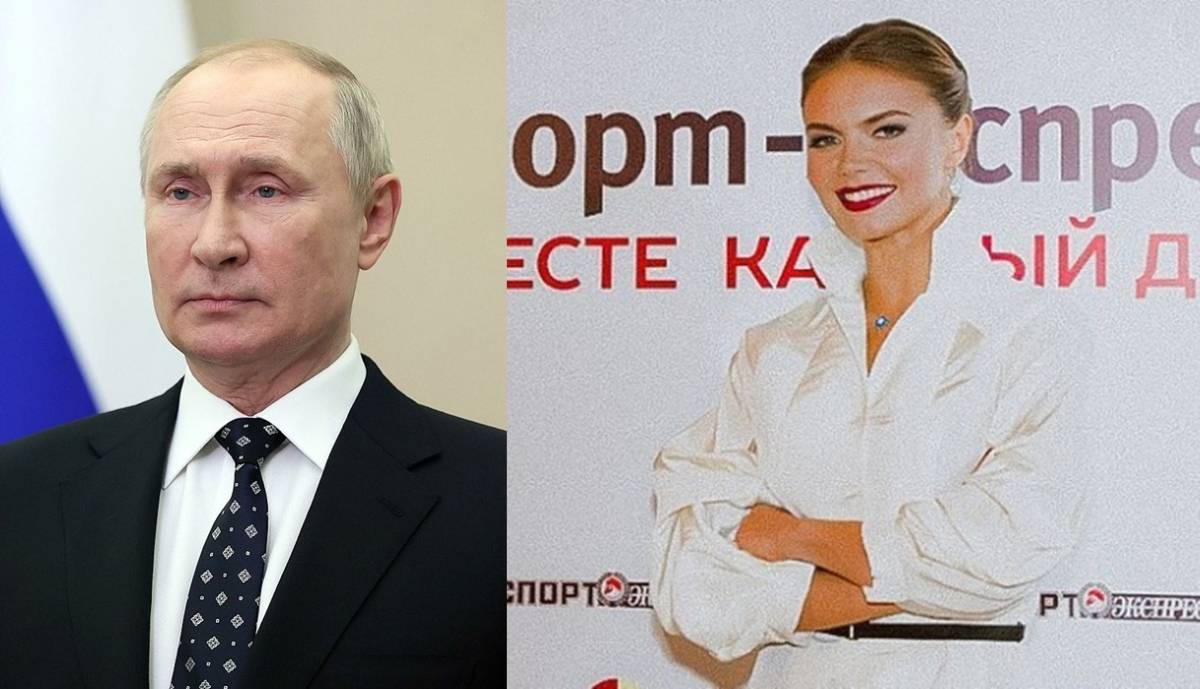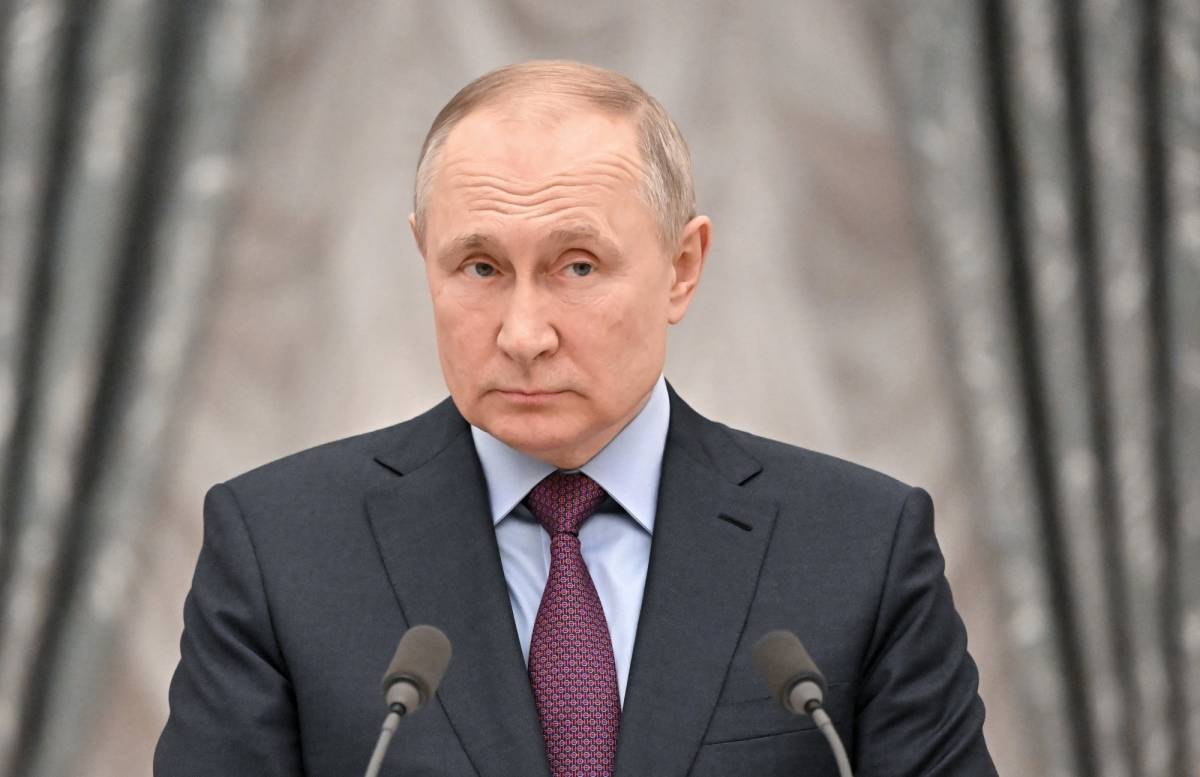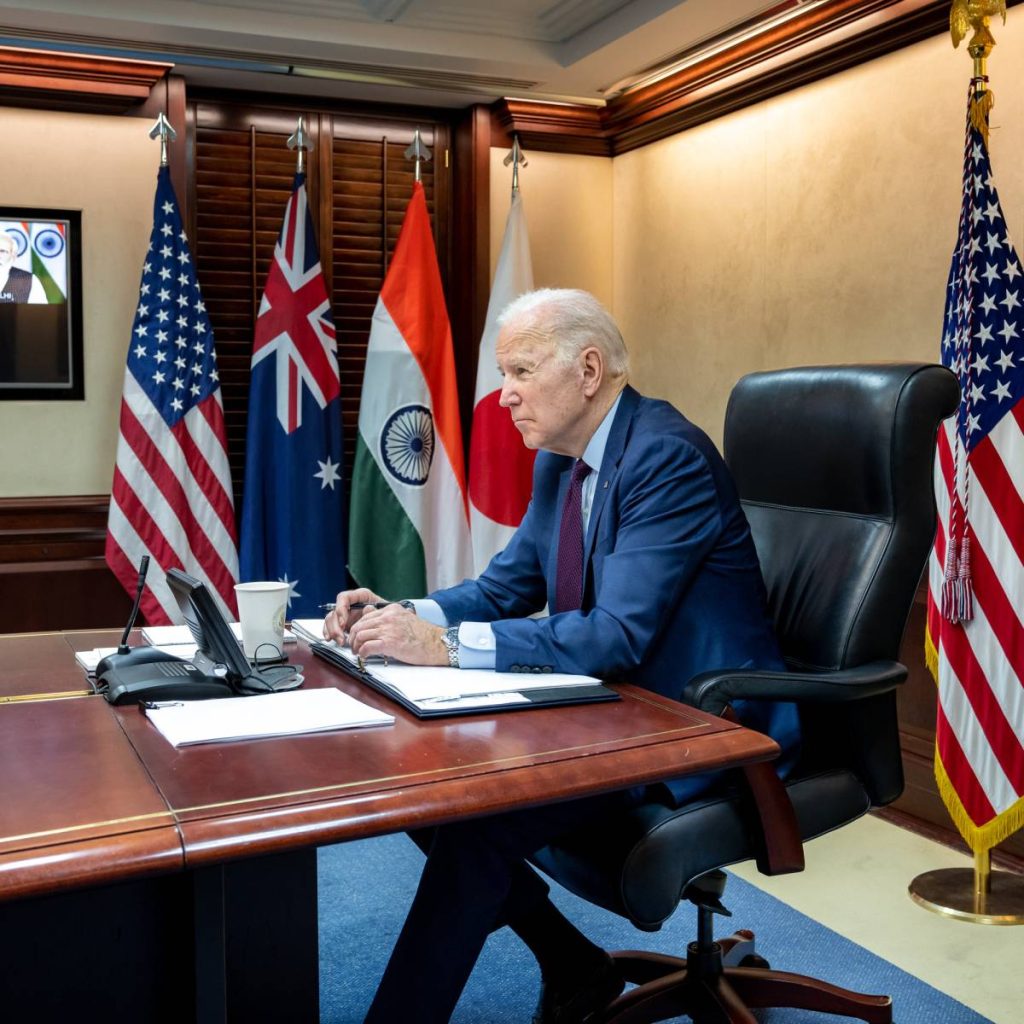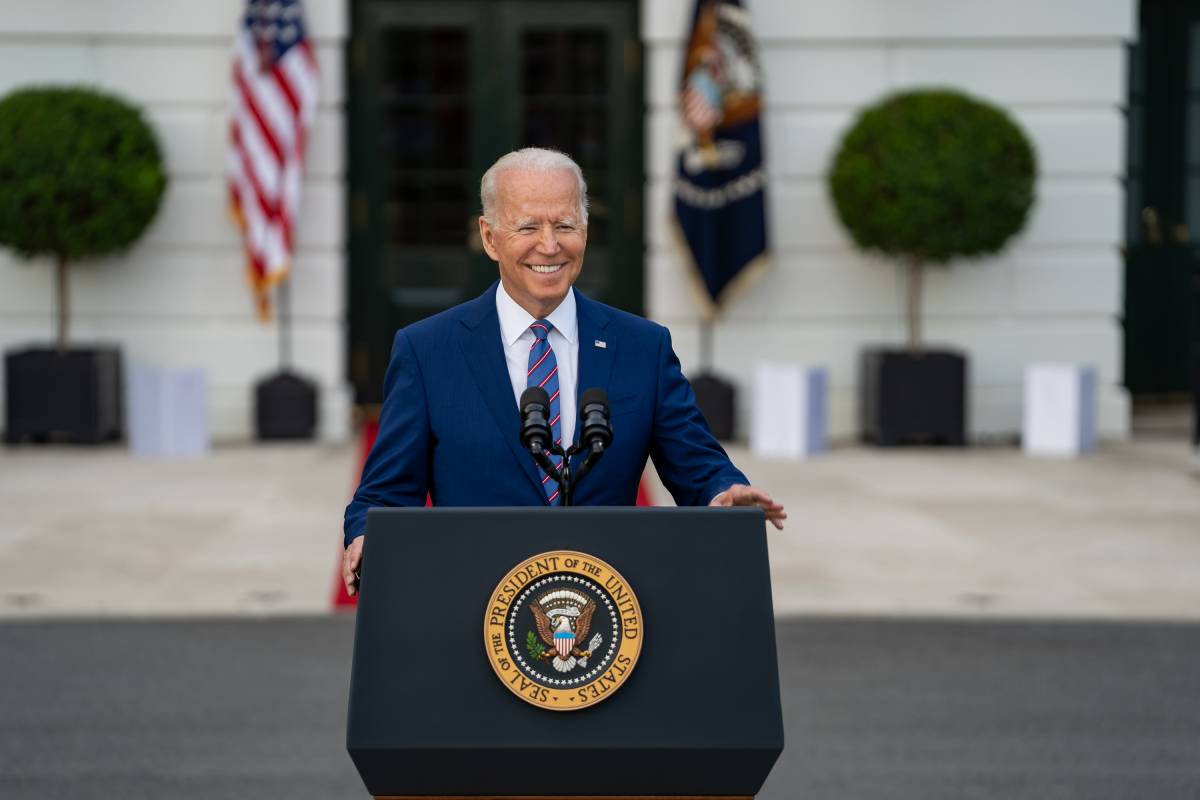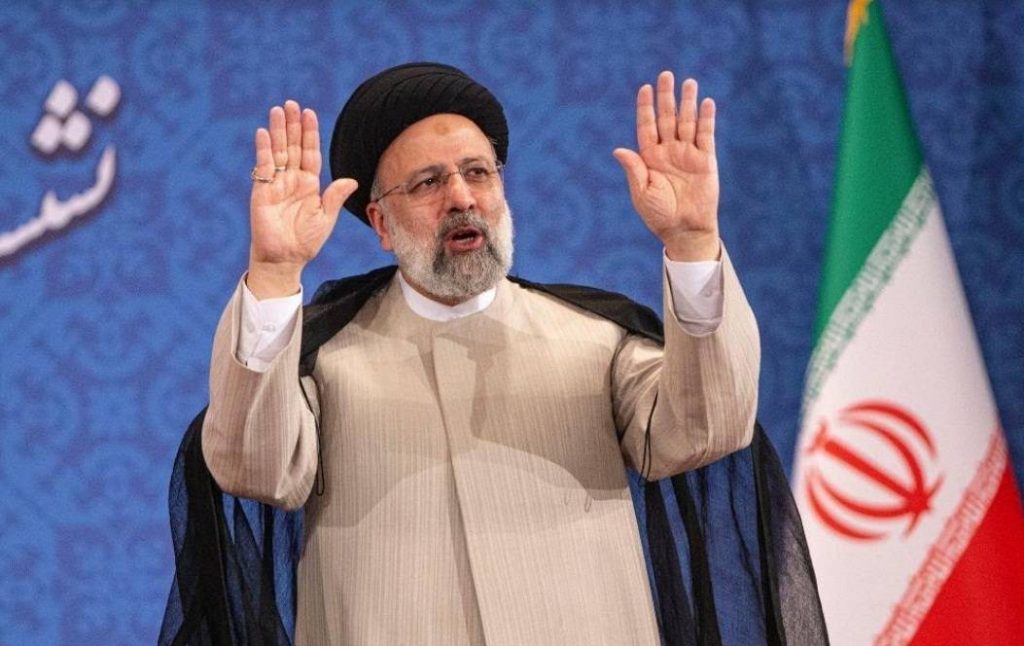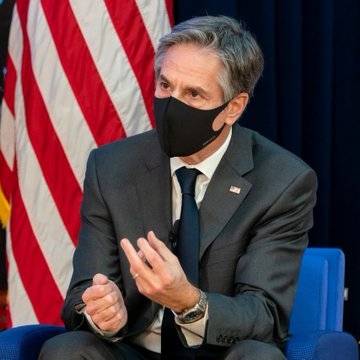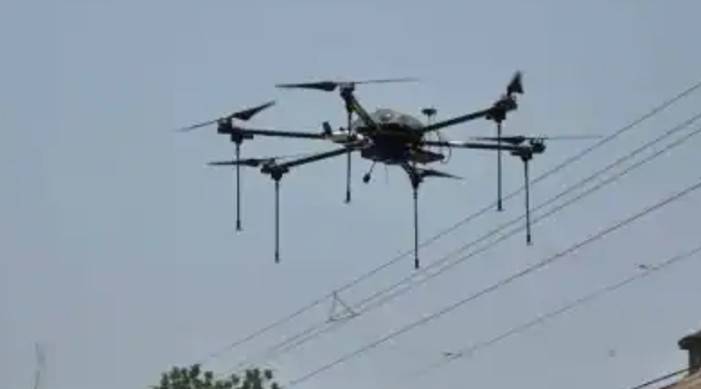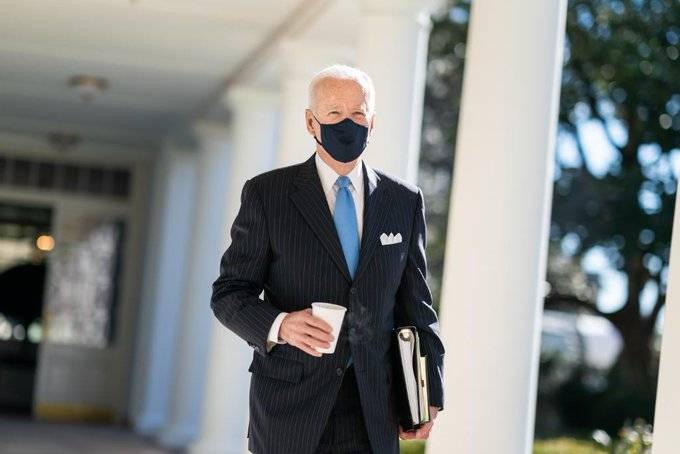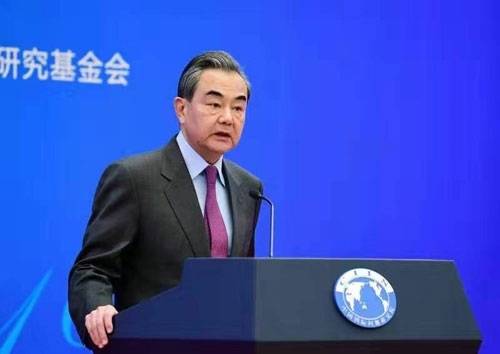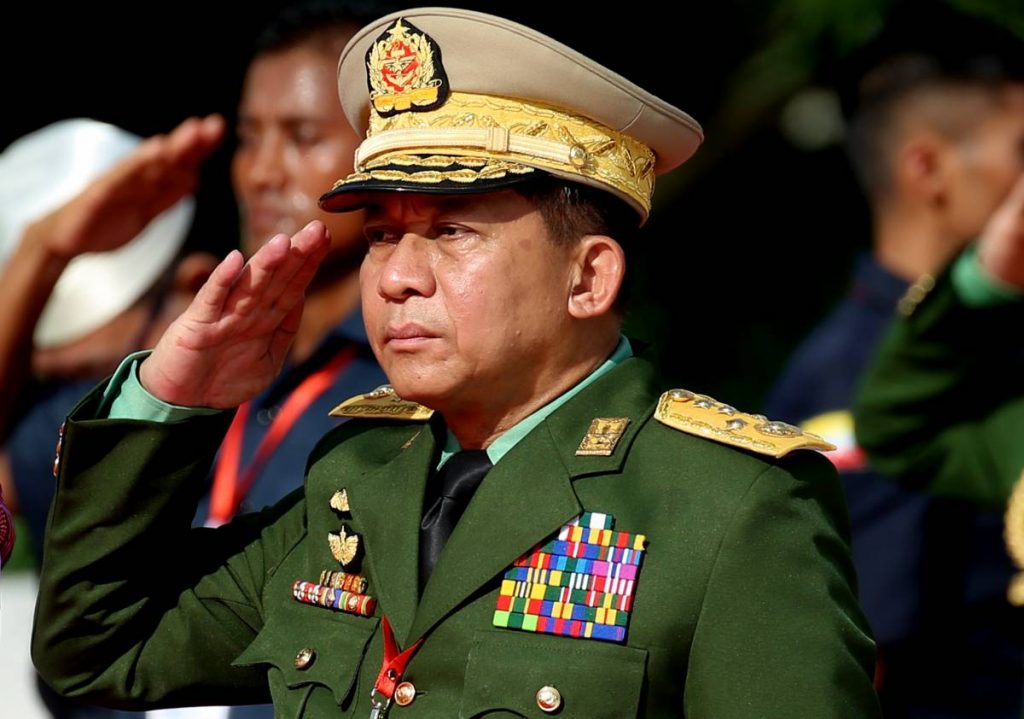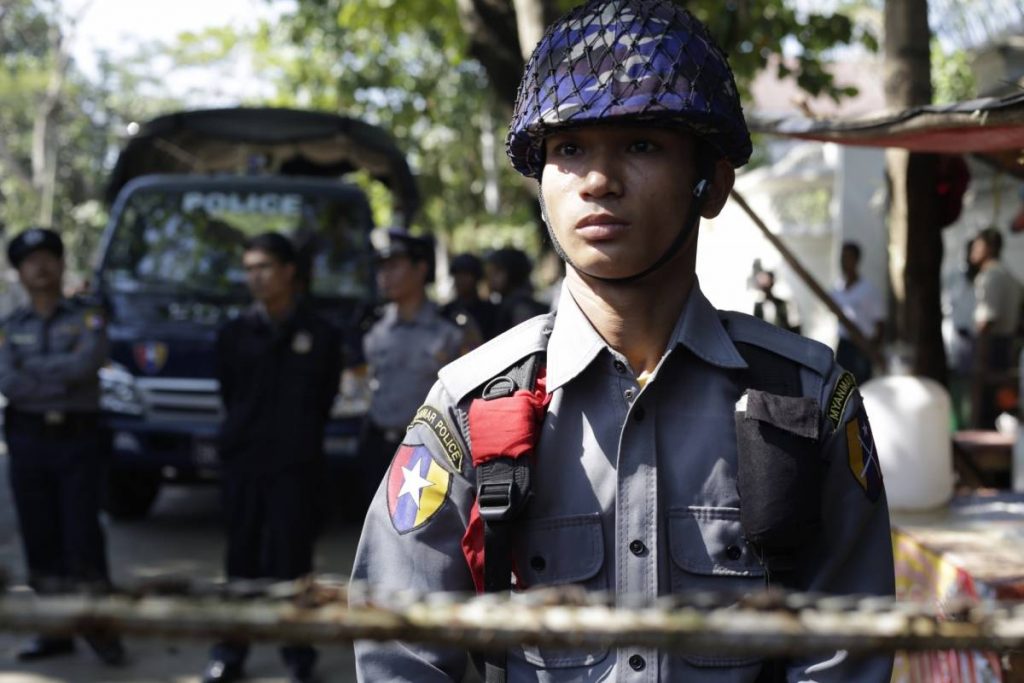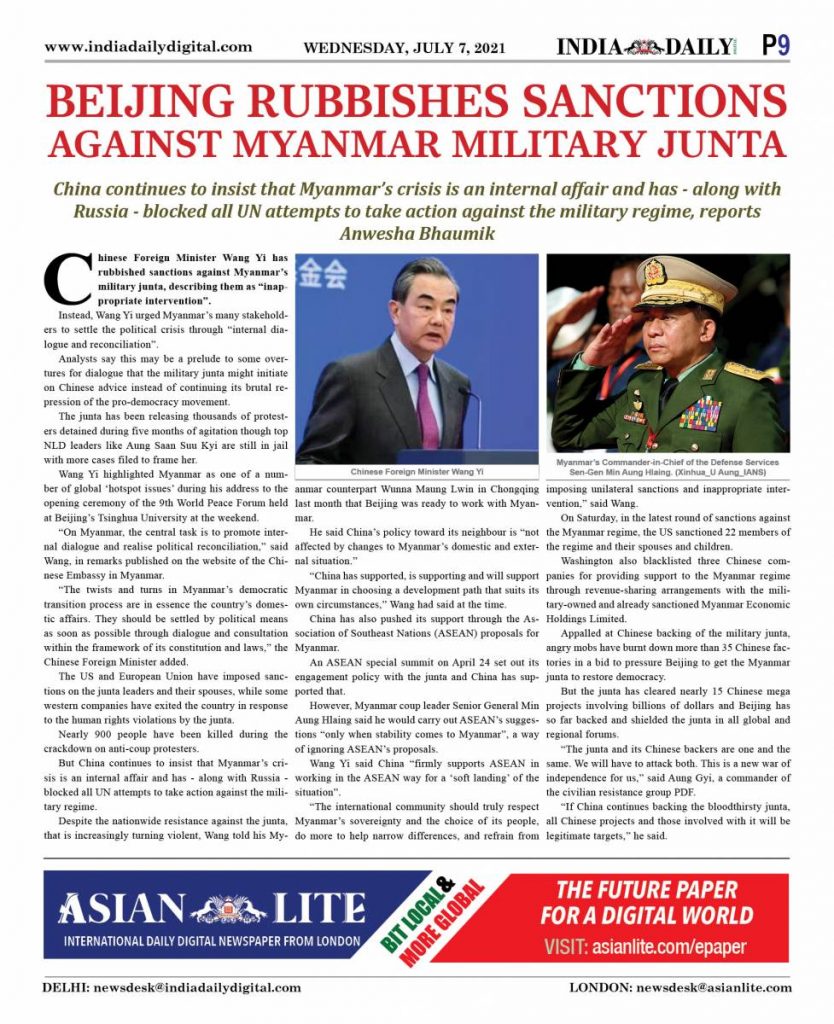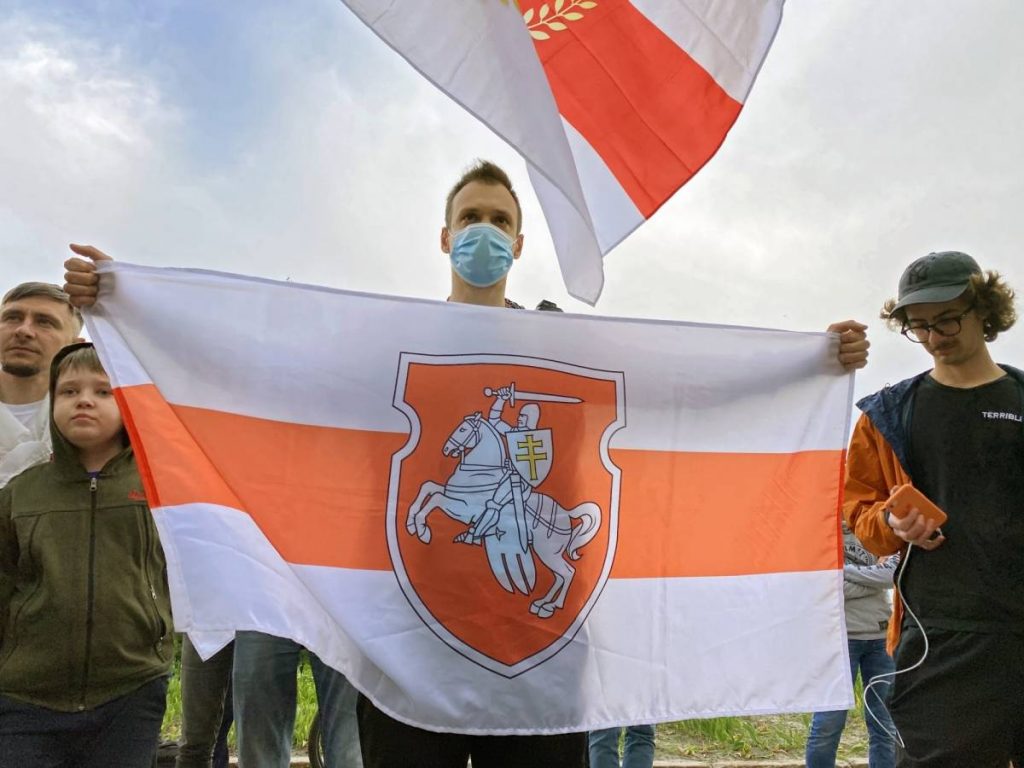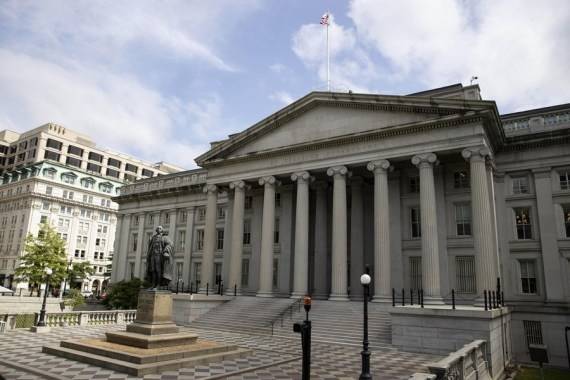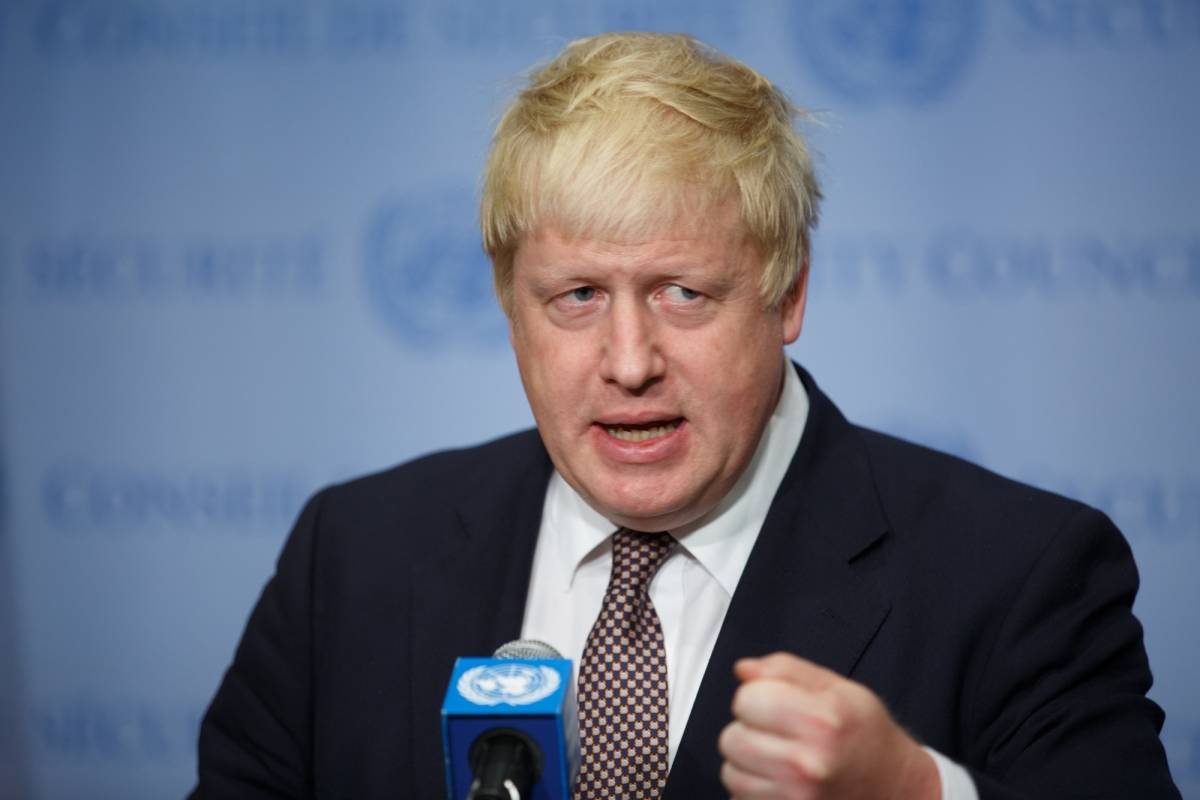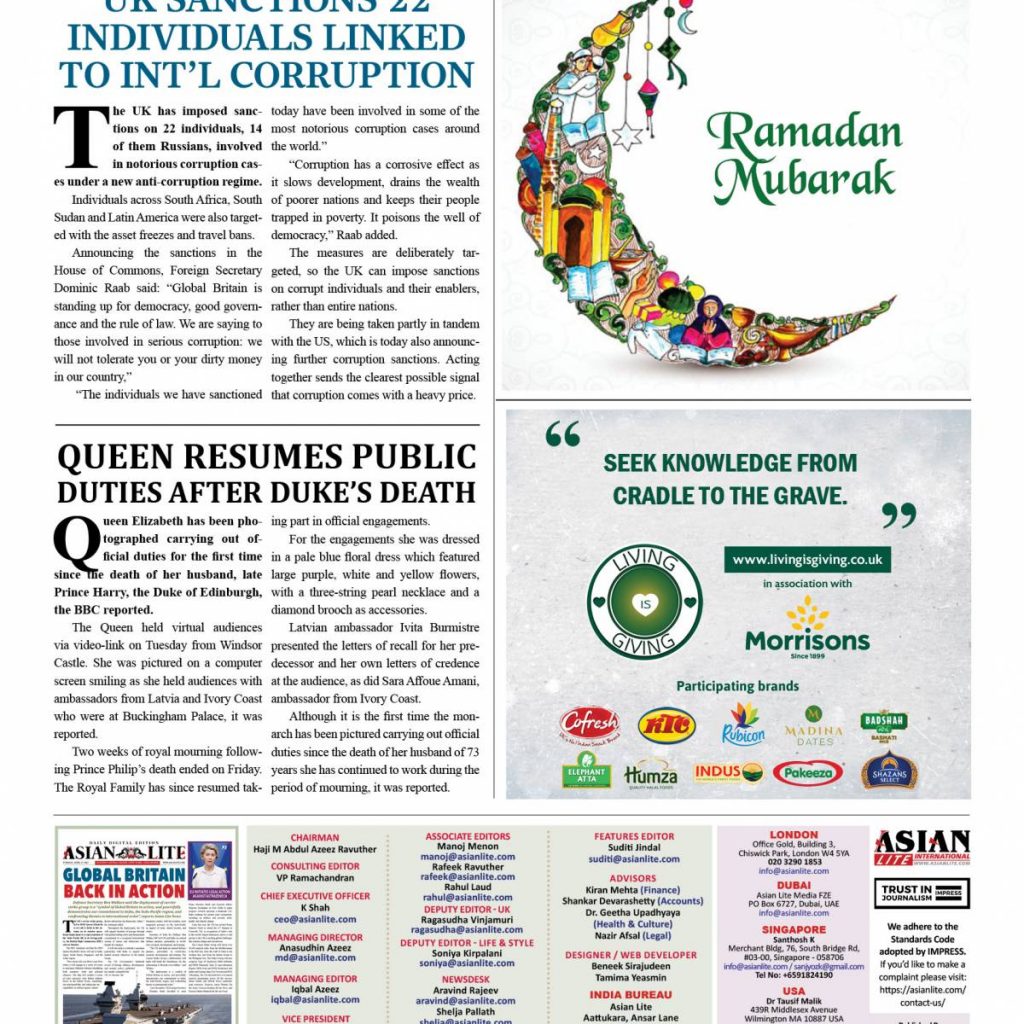A controversial cleric from Pakistan’s Sindh province was placed on the British governments sanctions list, making Pakistan one of 11 countries where rights violators will be punished.
The cleric, popularly known as Mian Mithu, is notorious in upper Sindh for his alleged involvement in the forced conversion and marriages of minor Hindu girls, Dawn reported.
He has denied the allegations on several occasions and even claimed to have promoted religious harmony in Sindh.
Mithu came in the spotlight after he allegedly converted a Hindu girl, Rinkle Kumari, who was later renamed Faryal, to Islam in February 2012, before her marriage to a local Muslim, Naveed Shah, Dawn reported.
The conversion, Mian Mithu had claimed, was not forced. He found himself in the news yet again in September this year.
In a comment to Dawn, the British High Commission said: “The UK takes freedom of religion or belief very seriously and is committed to protecting minorities around the world. The new package of sanctions targets those violating fundamental freedoms. This includes Mian Abdul Haq, a cleric of the Bharchundi Sharif shrine in Ghotki, Sindh, who is responsible for forced marriages and forced religious conversions of non-Muslims and minors. This sanctions package does not include any other Pakistani national.”
The sanctions effectively mean that designated individuals will be unable to do any business or undertake economic activity with British citizens or businesses, and that they will be denied entry to the UK.
He made headlines when he reportedly led a large number of people who took to the streets in protest against an alleged incident of blasphemy.
In 2008, the cleric won a National As��s�e�mbly seat on a PPP ticket, but the party denied him a ticket in 2012.
In 2015, former premier Imran Khan attempted to invite him into the party fold but was forced to disassociate himself with the cleric after protests from the Hindu community, Dawn reported.
In 2021, activists on Twitter called out the PTI government after Mian Mithu was invited by the Council of Islamic Ideology to deliberate on legislation around forced conversion.
Clerics expressed reservations on a draft bill, and a parliamentary panel ultimately rejected the bill despite protest from minority lawmakers.
The cleric is one of 30 individuals who have been sanctioned in total. Of these, 18, including Mithu, have been targeted for “violations and abuses of human rights”.
Meanwhile, sources in the Pakistan government expressed dismay over Pakistan’s name being tarnished because of this individual.

